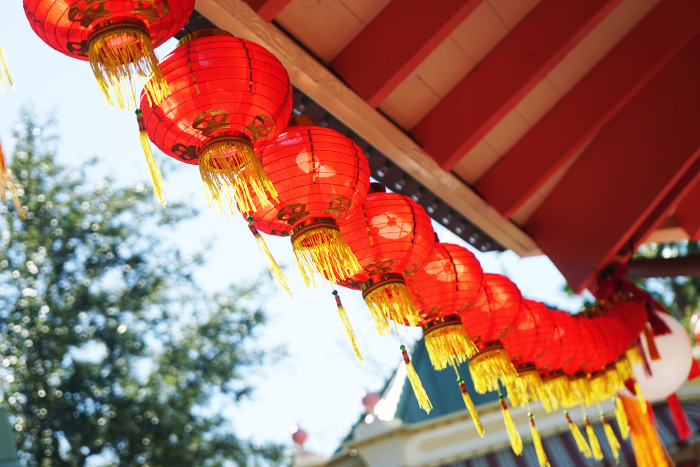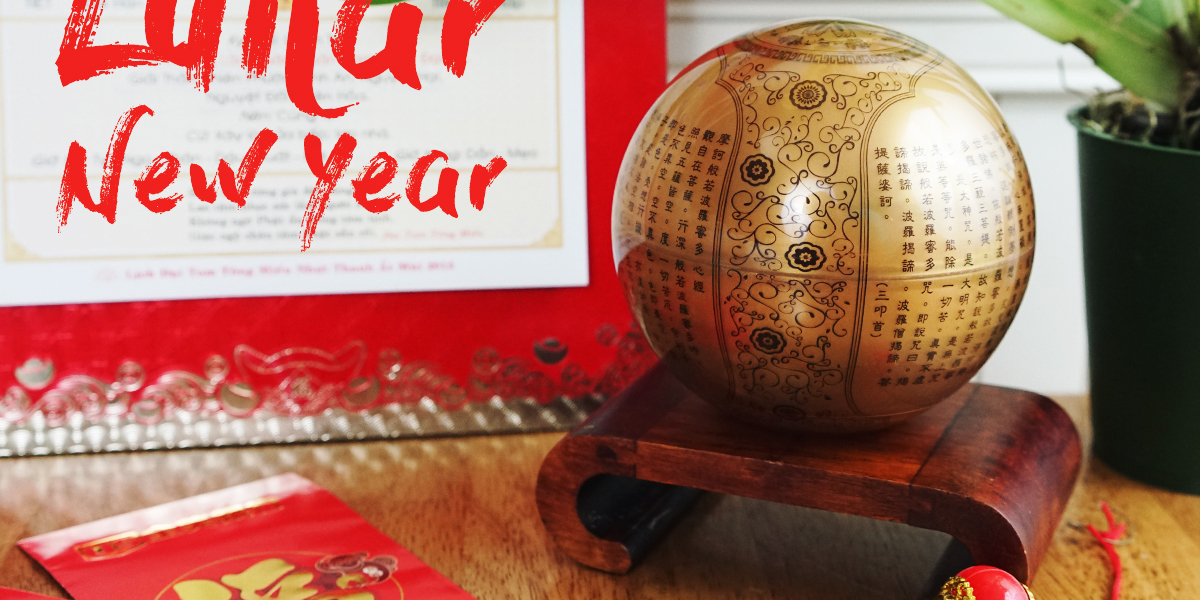Chinese New Year, which begins on February 8th, has transitioned from a celebration of deities and ancestors to a time to gather with family, take time off work, and re-energize oneself for the new lunar year. Much like in the United States, it is one of the most important holidays in its country, China. Each new year is associated with a zodiac animal sign – there are 12 total, all having different characterizations with regards to those who are born in a particular year. In 2016, we turn to the Year of the Monkey, which signifies a wide range of traits and meanings.
Although the Year of the Monkey is thought to be one of the most unlucky, those who adhere to their signs closely are extraordinarily careful in all aspects of their lives including career, investments, and health. Following conservative guidelines in these aspects will help to reduce the risk of harm, even in months that may be deemed as more unlucky than others. Because of the higher attention to detail, people born in the year of the monkey typically become more innovative, witty, and clever, but, if they cross a certain fine line, the heightened creativity can turn into mischievous and selfish qualities.
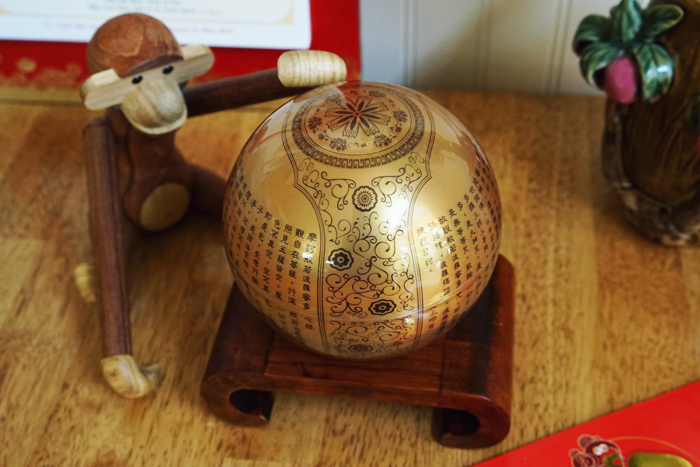
Were you born in a year of the monkey? Find out in this article.
Whether you were born in the year of the monkey or a different animal sign, and regardless of your associated personality traits, it’s universal in Chinese culture to use the new year as an opportunity to adhere to tradition by reconnecting with your elders and to follow modern trends by relaxing during time off work.
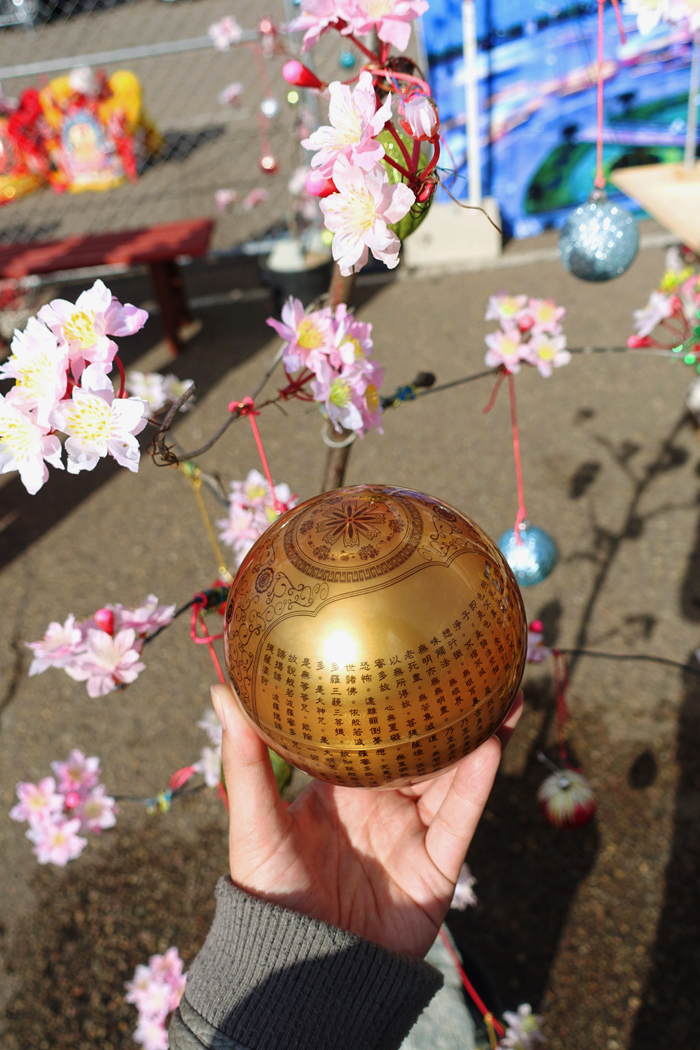
The Hearth Sutra Gold MOVA Globe, pictured above, is one of our most stunning designs from the Special Moments collection. Featuring Heart Sutra, a popular Buddhist scripture, it represents the overall goal of transitioning from one year to the next: reflection. Best translated as the “Heart of the Perfection of Wisdom,” this scripture delves into the meaning of ‘emptiness’ and ‘existence.’ In short, there is no arguing against the existence of things, and thus what remains important is how people exist and the manner in which people exist. The overall theme of many Buddhist scriptures are teachings of how to follow practices in life and how to discover the intrinsic values in oneself, which become primary topics when thinking about the new year.
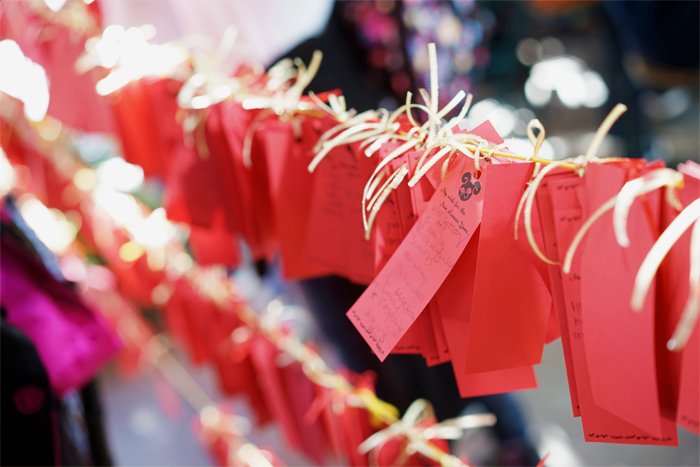
We hope this gave you a good sense of the New Year in Chinese culture and how it parallels and differs from the traditional American New Year. There are many ways to celebrate Chinese New Year, including feasting on traditional Chinese food dishes or partaking in the annual parade in the streets of your town or city. From all of us at MOVA International, Happy Chinese New Year and Gong Xi Fa Cai!
Read more about Chinese New Year: http://www.history.com/topics/holidays/chinese-new-year
